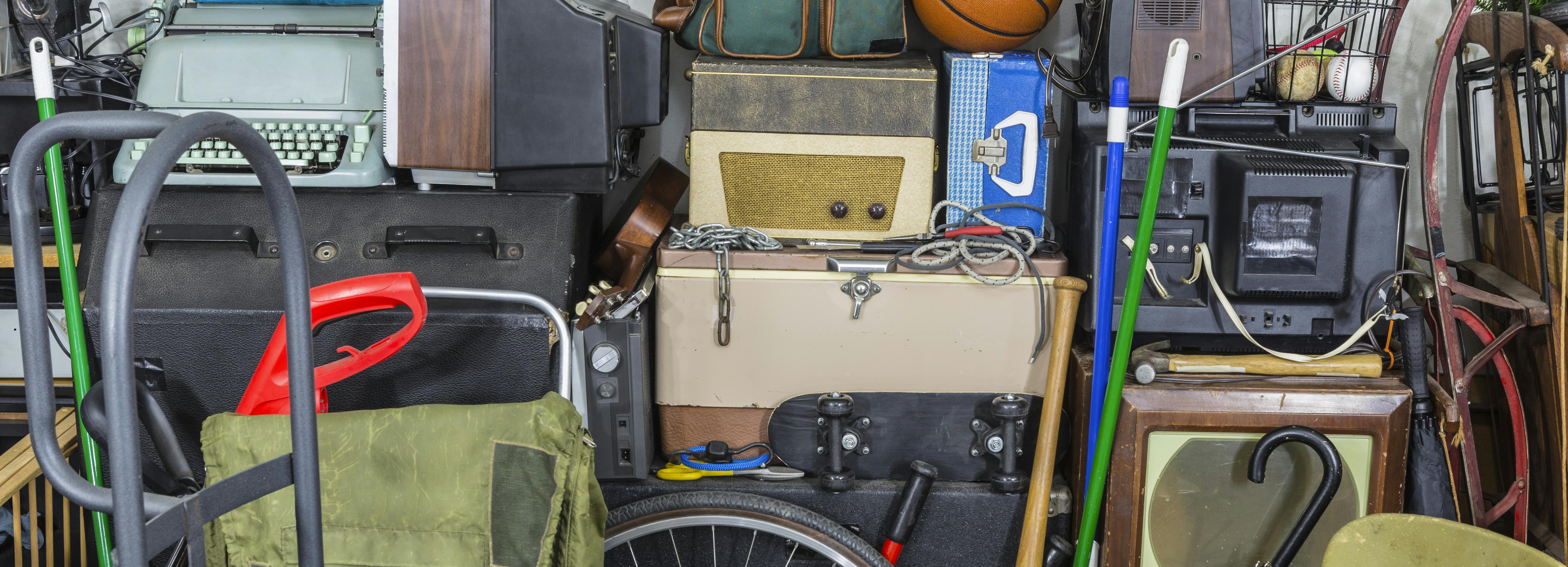
On September 24, 2010, a fire broke out in a 24-story, 712-unit apartment building in Toronto, Canada. It started in a unit belonging to a chronic hoarder. The piles of accumulated magazines, papers and other debris provided plenty of fuel, and the fire quickly spread out of control. More than 1,200 people were evacuated, and many of them could not return home for months.
When fire officials went through the building, they discovered residents of 19 more units were engaging in hoarding. One of the tenants was keeping more than 200 birds in his unit.
Rental property owners have a straightforward procedure under the law when hoarding behavior becomes a material violation of a lease: Eviction. But a homeowners association can't evict a resident based on how they keep house. HOA and COA boards must be very careful to balance the needs of the community as a whole against the due process and privacy rights of any individuals they believe to be engaging in hoarding behavior.
Fortunately, homeowner and condominium associations aren't toothless when it comes to combating hoarding, although their ability to do so comes down to state law. For example, a Nashville homeowners association recently prevailed in a case in which it foreclosed on a unit owned by a chronic hoarder, evicted her, and sold her unit to pay $100,000 in legal bills. In this case, among the factors working in the association's favor were the repeated and generous efforts it had made to help the owner deal with the hoarding issue short of foreclosure and eviction.
When to Fight Hoarding
Your association should fight hoarding behavior when one or more of the following instances occur:
- The stench from a hoarder's unit is affecting neighbors
- The hoarding presents an increased fire risk, especially where it potentially endangers neighbors
- The hoarding involves pest infestations, which can spread to other units
- The hoarding presents mold issues that can spread through vents and walls
- Accumulated debris is visible from outside the dwelling or unit, damaging property values
Be careful when fighting hoarding. Getting involved prematurely when there is no demonstrable community health and safety issue could potentially expose your association to liability. Hoarding is a clinical disorder, according to the American Psychiatric Association, so hoarding tenants may be protected under the Fair Housing Act with a disability. Recent rulings have therefore established that hoarders are a protected class for the purpose of enforcing the FHA.
If the hoarding doesn't endanger or materially affect others, association boards may have to make "reasonable accommodation" for the hoarding behavior as they would any other legally-recognized disability.
Landlords have rights of entry and inspection, while association boards typically do not, depending on their jurisdictions. For obvious reasons, condominium associations generally have more permissive rights of entry than associations controlling communities of single-family homes.
In extreme cases, if entry into a home or unit is required to combat hoarding, association boards can petition local courts to get a court order granting access.
Get help dealing with hoarders and other troublesome residents: Get quotes from professional association managers today.
Make Sure You Have Enforcement Tools
Everything you do as an association board has to be backed up in the official governing documents or by mandates imposed by state and local laws. Ensure your official documents include the specific language that defines when hoarding becomes a problem and authorizes the board to take action against it.
Actions You Can Take Against Hoarding
Generally, board representatives cannot force unit owners to grant access to inspect a property for hoarding. If the suspected hoarder is renting the unit, the board should alert the unit owner to the problem. The owner can then take advantage of laws that generally allow more access to landlords (usually with a required waiting period of a day or two, in non-emergency situations). In these instances, the board should primarily work with the owners, not the residents.
You can also take advantage of routine inspections applicable to all residents and their units, such as code compliance inspections and inspections of fire sprinkler systems, to gain some information as to who may be engaging in hoarding behavior.
Short of expensive and disruptive foreclosure proceedings, you may also consider the following options:
- Refer hoarders to counseling services to address both the hoarding behavior and any underlying mental health issues
- Offer community assistance with cleaning, laundry, and junk removal
- Provide a referral to specialized cleaning and sanitation services
- Report the individual to the Department of Health
